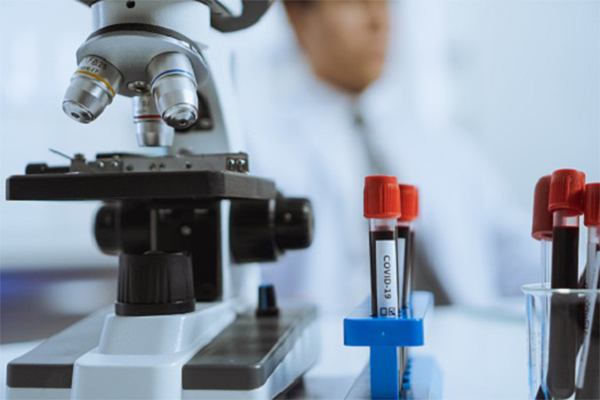AI, Playing Important Role in Fighting COVID19
Submitted by Shruti Ranjan Maji(Department of BCA, Batch :2017-2020)
University Roll No : 15201217032

AI and machine learning are playing an important role in fighting the pandemic brought on by COVID-19, with technological innovation and ingenuity being applied to large volumes of data to quickly identify patterns and gain insights. Efforts are underway to speed up research and treatment, and better understand how COVID-19 spreads.
Chatbots employing AI are speeding up communication around the pandemic. One example is from Clevy.io, a French startup that launched a chatbot to make it easier for people to find official government communications about COVID-19, according to an account from the World Economic Forum.
The bot is getting realtime information from the French government and the World Health Organization, to help relay known symptoms and answer questions about government policies. Some three million messages had been sent through mid-May, with questions ranging from recommended exercises to an evaluation of COVID-19 risks. French cities including Strasbourg, Orleans and Nanterre are using the
chatbot to help distribute accurate information, according go the report author, Swami Sivasubramanian, VP of Machine Learning for Amazon Web Services (AWS).
Researchers at the Chan Zuckerberg Biohub in California are working towards an early warning system for COVID-19. They are analyzing great volumes of data to help forecast the virus’ spread, how it mutates as it spreads, estimate the number of undetected infections, and determine the public health consequences. They have divided the world into 12 regions for the work.
Mount Sinai Health System Gets Grant from Microsoft
Elsewhere in COVID-19 and AI news, the Mount Sinai Health System in New York has received a grant for an undisclosed amount to support the work of a new data science center dedicated to COVID-19 research. The Mount Sinai COVID Informatics Center (MSCIC) will bring together leaders from hospital units including the Hasso Plattner Institute for Digital Health, the Department of Genetics and Genomic Sciences, and the BioMedical Engineering and Imaging Institute.
“This partnership with Microsoft provides us with cloud resources that will accelerate our discovery, translation and implementation of digital tools in the fight against COVID-19,” stated Robbie Freeman, MSN, RN, Vice President of Clinical Innovation at The Mount Sinai Hospital, in a press release. “Through this collaboration with AI for Health, we are leveraging the expertise of the Mount Sinai Health System in delivering world-class patient care and the Azure cloud to bring our AI-enabled products from bench to bedside.”
Prediction Spread Model Being Developed at Binghamton University
Researchers at the Thomas J Watson School of Engineering and Applied Science at Binghamton University, New York, are working on a COVID-19 spread prediction model incorporating AI. Using data collected from around the world by Johns Hopkins University, Arti Ramesh and Anand Seetharam, both assistant professors in the Department of Computer Science, have built several prediction models.
Machine learning allows the algorithms to learn and improve without being explicitly programmed. The models examine patterns from 50 countries with high coronavirus infection rates, including the US. The model can predict within a 10%
margin of error the likely spread for the next three days based on data for the past 14 days. The initial study included infection numbers through April 30, allowing a view into how predictions played out through May.
Read the source articles at the World Economic Forum, in a press release from the Mount Sinai Hospital, and in a press release from Binghamton University.
